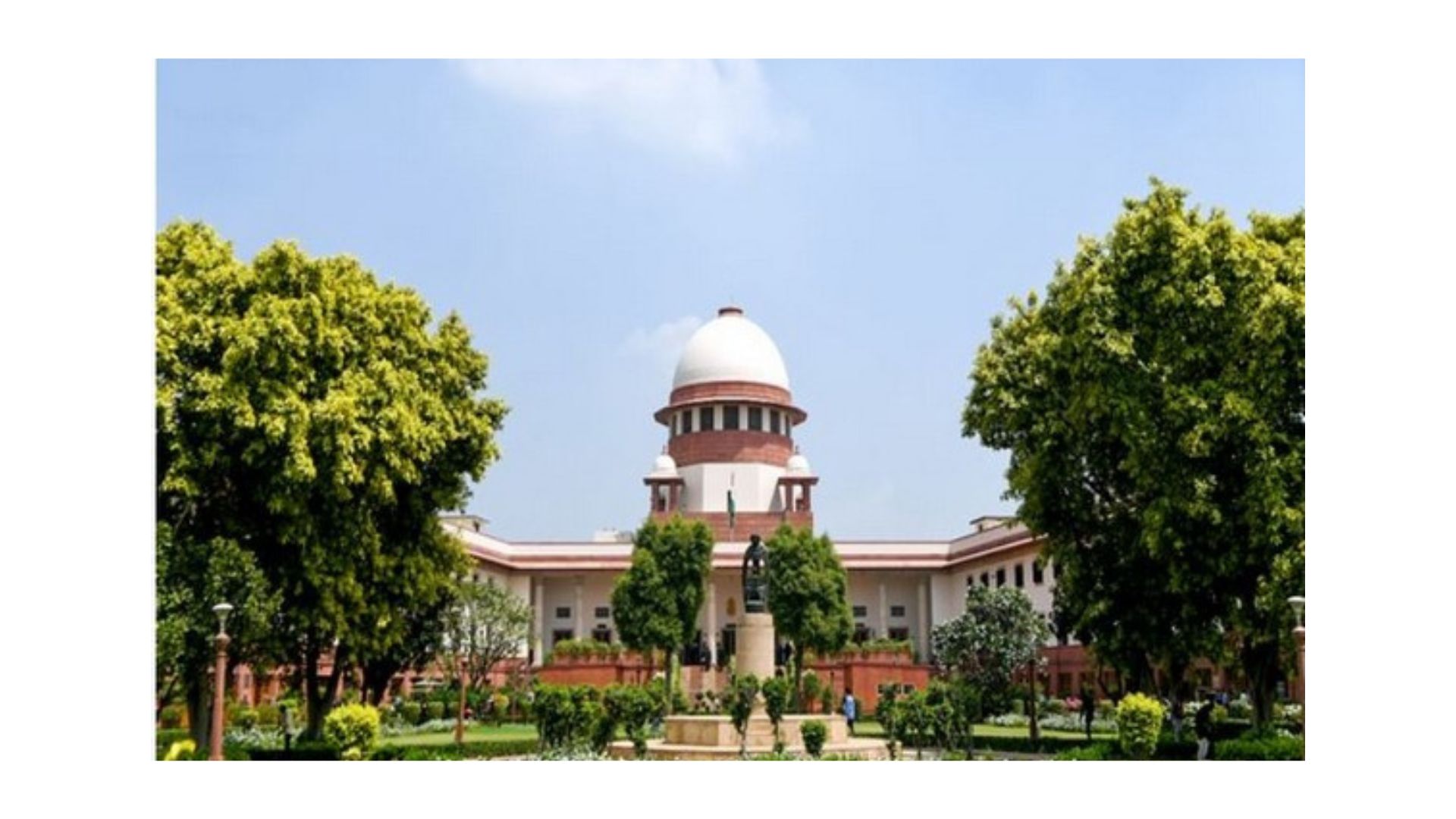The Supreme Court has directed the Central Bureau of Investigation (CBI) to conduct a preliminary inquiry into allegations that Chandigarh police personnel abducted a dentist named Mohit Dhawan. This decision was made by a bench consisting of Justices Sudhanshu Dhulia and Ahsanuddin Amanullah on August 6, 2024. The court indicated that an independent probe was necessary, suggesting that the matter be entrusted to the CBI.
This ruling came in response to a petition filed by the Union Territory of Chandigarh, challenging a March 2023 order from the Punjab and Haryana High Court. The High Court had previously constituted a Special Investigation Team (SIT) of the Punjab police to investigate various matters, including the alleged abduction of Dhawan by Chandigarh police personnel. Although the Supreme Court acknowledged the High Court’s decision, it emphasized that an independent investigation was essential due to the nature of the allegations, which pertain to personal liberty.
The case originated from allegations made by foreign nationals against Dhawan. These individuals, who were once his patients, accused the dentist of charging exorbitant fees for treatment. In response to these claims, the Chandigarh police registered a First Information Report (FIR) against Dhawan. In an attempt to avoid arrest, Dhawan sought anticipatory bail from the Punjab and Haryana High Court, which granted him interim bail. However, the court also directed the Punjab police chief to establish a SIT to investigate Dhawan’s claims of abduction by Chandigarh police officers.
Dhawan alleged that when he went to mark his presence before a magistrate’s court, he was abducted by a Chandigarh police team. The police, according to Dhawan, justified this by stating that he was being arrested in connection with another case. Dhawan further claimed that this harassment was orchestrated by former Central Bureau of Investigation (CBI) special director Rakesh Asthana, alongside other police officers.
In its order, the Supreme Court expressed concerns about the direction the case had taken, noting that it appeared to be in “utter violation of the Constitution and the laws.” Given the gravity of the accusations and their implications for personal liberty, the court ruled that an independent investigation was necessary to dispel any doubts. It also instructed the CBI to determine whether Dhawan had been presented before a local Magistrate within 24 hours of his detention or arrest, and whether the actions of the police officers involved amounted to abduction.










